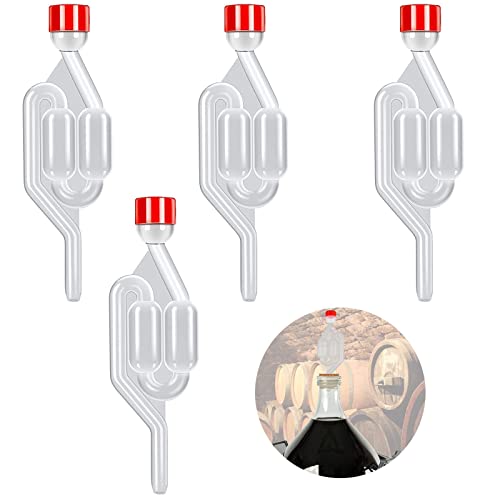Crystal_Ball
Senior Member
I found out that I can’t use Beersmith for my water profile and additions as CRS isn’t supported. Previous to knowing this I noticed that magnesium was in the setup in Beersmith but not on my water report so I contacted my supplier and they offered to send someone out to test it for me at home, which I was quite surprised about. The reason being is that my water (and probably most other people) comes from different sources. I declined the test.



































![BREWING THERMOMETER STICKERS ACCURATELY MONITOR FERMENTING BEER & WINE LIQUID TEMPERATURES 5PCS HOME BREW SPIRITS WINE LCD ADHESIVE [US]](https://m.media-amazon.com/images/I/311DDjo2X3L._SL500_.jpg)





